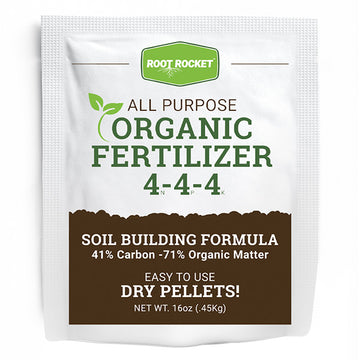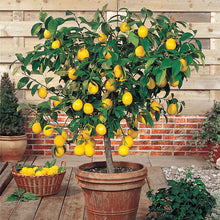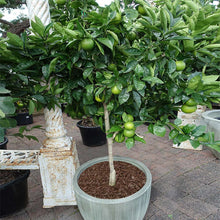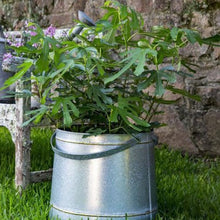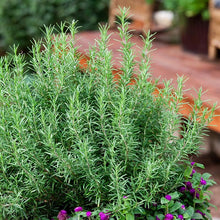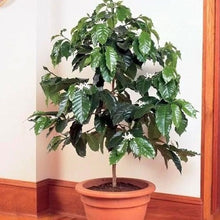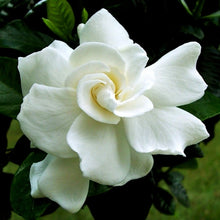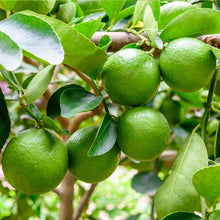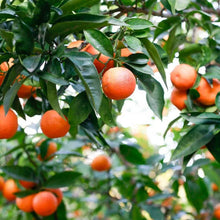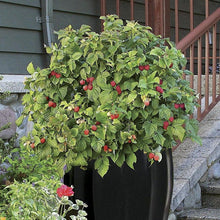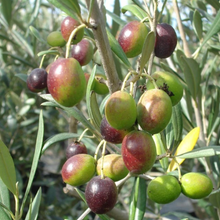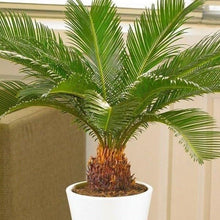House & Patio Plants
Houseplants add life, color, and texture to living spaces. They also clean the air by filtering out toxins and pollutants. Patio plants are potted plants that we keep outside at least part of the year. Some patio plants are moved in when temperatures dip too low for the plant. This is a great way to enjoy tropical plants in cooler areas where they cannot be planted in the ground.
More Information
